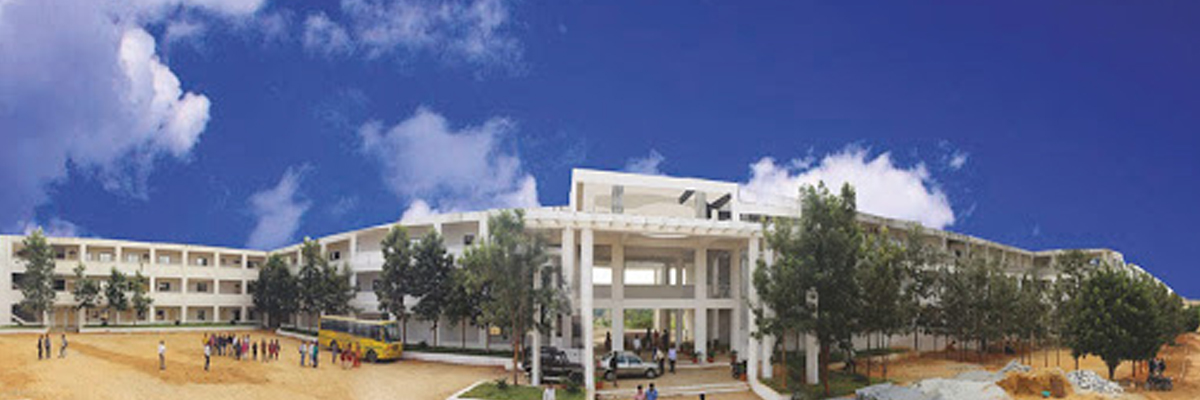notifications
Sha-Shib College of Engineering
school
Institute of Aeronautics & Engineering
Bhopal
school
Indian Aerospace & Engineering
Mumbai
school
Academy of Aviation & Engineering
Bengaluru
school
Hindustan Aerospace & Engineering
Pune
school
Sha-Shib Aviation Academy
Cochin
school
Utkal Aerospace & Engineering
Bhubaneswar
school
Aerospace research & Development Centre
Jamshedpur
school
Sha-Shib Flying Academy
Guna
school
Sha-Shib Aerospace Engineering
Gurugram
school
Sha Shib College of Technology
school
Sha Shib College of Science and Management
Bhopal
school
Sha Shib College
Bangalore
school
Aerospace Research and Development Centre (ARDC)
Jamshedpur
school
Quetzal Air Hostess & Hospitality Academy
Sha-Shib College of Engineering
 Approved by DGCA, Government of India under CAR 147 (Basic)
Approved by DGCA, Government of India under CAR 147 (Basic)
The Sha-Shib Minority Welfare & Educational Society, based in Bangalore, oversees the operations of the Sha Shib College of Engineering, established in 2009. Renowned for its esteemed faculty, the college employs a blend of traditional and contemporary teaching methodologies. Its core focus lies in nurturing highly skilled graduates through rigorous academic programs. Sha Shib College of Engineering holds approval from both the Visvesvarya Technological University (VTU) in Belgaum and the All-India Council for Technical Education (AICTE) in New Delhi. Additionally, the institute has been officially recognized by the Karnataka government's Department of Technical Education (DTE).
SCE is located near Variakonda Village, NH-7, BB Road, Chilkkaballapur District, Karnataka, 42 km from Bangalore International Airport. This place's peaceful, unspoiled atmosphere makes it the ideal place to study. The location has good access to all of Bangalore's major hubs. It is along a state highway and offers BMTC buses for round-the-clock service.
The college offers Bachelor of Engineering degrees across various disciplines, including Aeronautical Engineering, Mechanical Engineering, Electronics and Communication Engineering, Computer Science and Engineering, and Civil Engineering.
Courses
B.E (Aeronautical Engineering)
Aeronautical engineering students gain knowledge about the creation, production, and maintenance of aircraft. Aspiring engineers will leave this course with the skills necessary to plan, develop, and test aircraft, spacecraft, and missiles for both military and civilian applications. Comprehensive training in design, development, and production management for a variety of unmanned aerial vehicles, such as satellites, missiles, aircraft, and spacecraft, is included in the course materials. Modern advancements in commercial aviation, military systems, and space exploration are also taught to students. The study of aerodynamics, flight mechanics, and stability and control principles are essential for a thorough understanding of aeronautical engineering.
Learn MoreMechanical Engineering
In mechanical engineering, engineers work on the design, development, production, and maintenance of mechanically powered tools, automobiles and their components, ships and their parts, aircraft and their parts, and other machines. Future mechanical engineers must be able to integrate elements of several disciplines while grasping the fundamentals of production, systems, and mechanics to be inventive. Numerous industries, including the automotive, aerospace, biotechnology, computer, electronics, microelectromechanical systems, energy conversion, robotics and automation, and manufacturing sectors, rely heavily on mechanical engineers.
Learn MoreElectronics and Communication Engineering (ECE)
One of the most modern engineering specialities is Electronics and Communications Engineering (ECE), which requires candidates to have a strong foundation in modern physics and mathematics. The field of electronics and communications presents the study, design, development, and testing of electrical devices used in a variety of systems. It also encompasses the complexities of producing circuits, communication equipment, and electronic gadgets
Learn MoreComputer Science and Engineering
In the 21st century, computer science and engineering are some of the most in-demand engineering specialities because we live in an age of information technology and software, and the demand for computers and their hardware and software is always high. Since it deals with computing, algorithms, programming languages, program design, computer hardware, software and other subjects, computer science and engineering are very interesting fields of study. Developing software and firmware for embedded microcontrollers, creating VLSI chips, creating analogue sensors, creating mixed-signal circuit boards, and creating operating systems are just some of the fascinating tasks that computer engineers do. Robotics research, which primarily uses digital technology to control and monitor electrical systems including motors, communications, and sensors, is ideal for computer engineers.
Learn MoreCivil Engineering
The application of scientific and physical concepts to create, improve, and maintain man-made and natural settings is known as civil engineering. It covers a wide range of infrastructure including roads, trains, sewage systems, buildings, bridges, airports, dams, pipelines, power plants and more. These civil engineering jobs may take the form of private businesses or government agencies. Planning, budgeting, project management, asset monitoring, research, analytical responsibilities, and other related areas are just a few of the many domains in which civil engineers work.
Learn More

